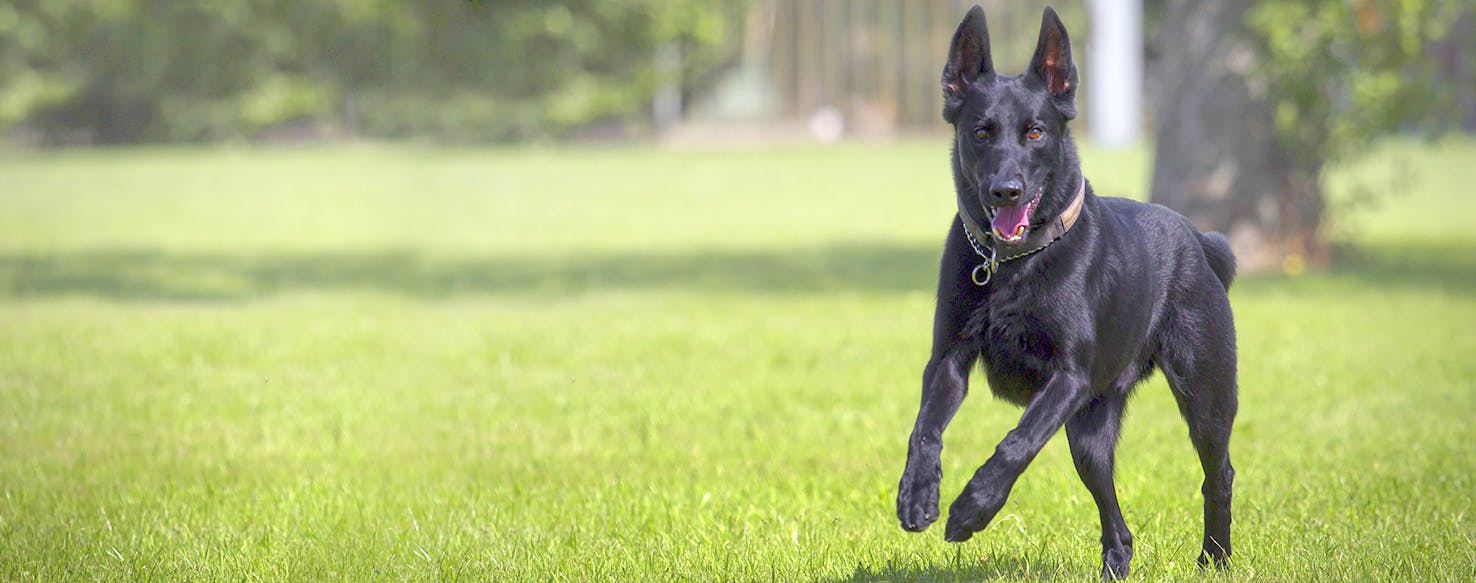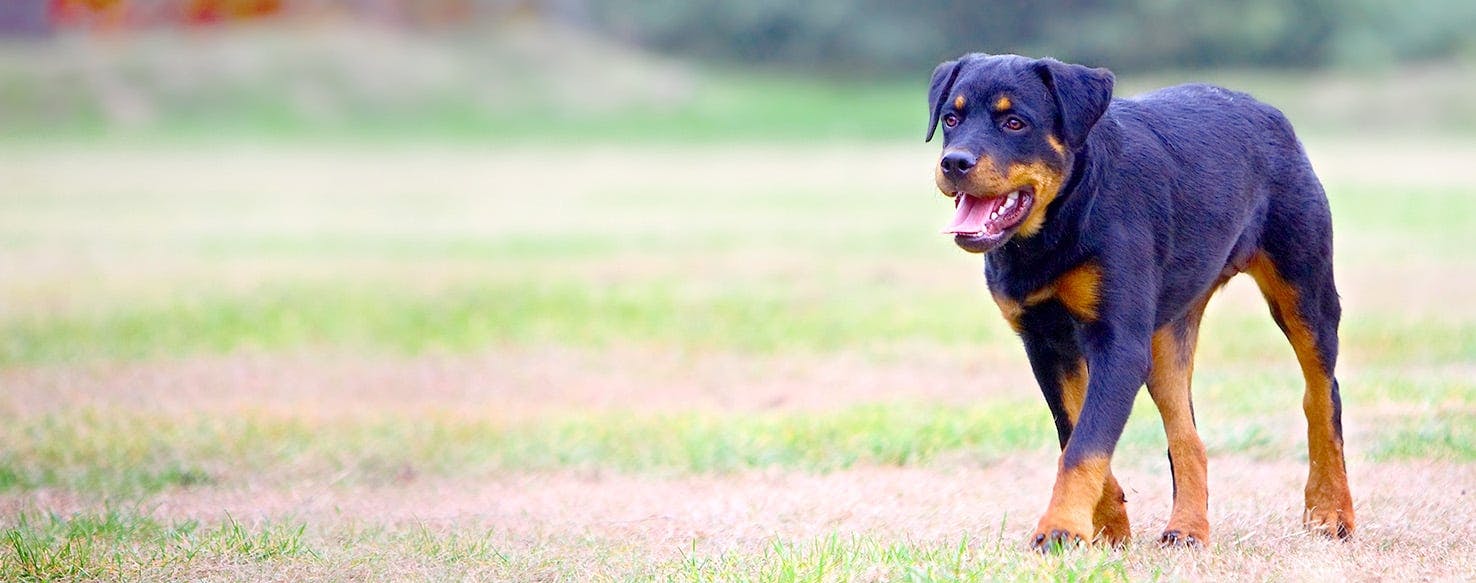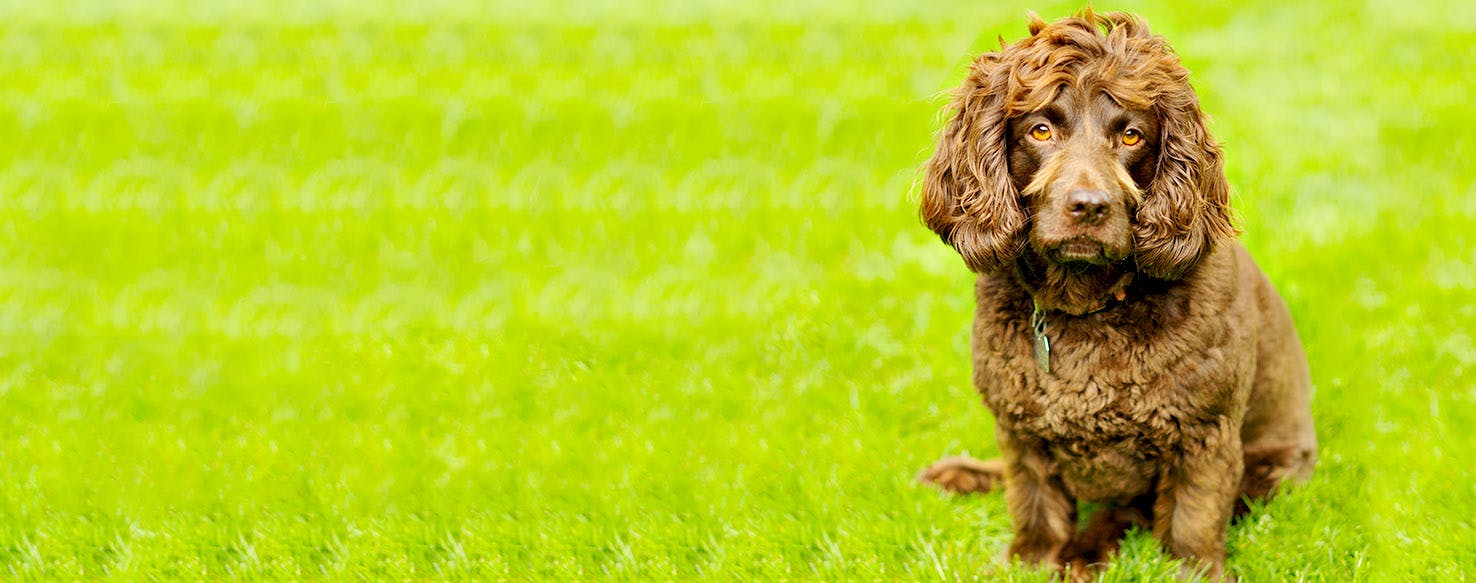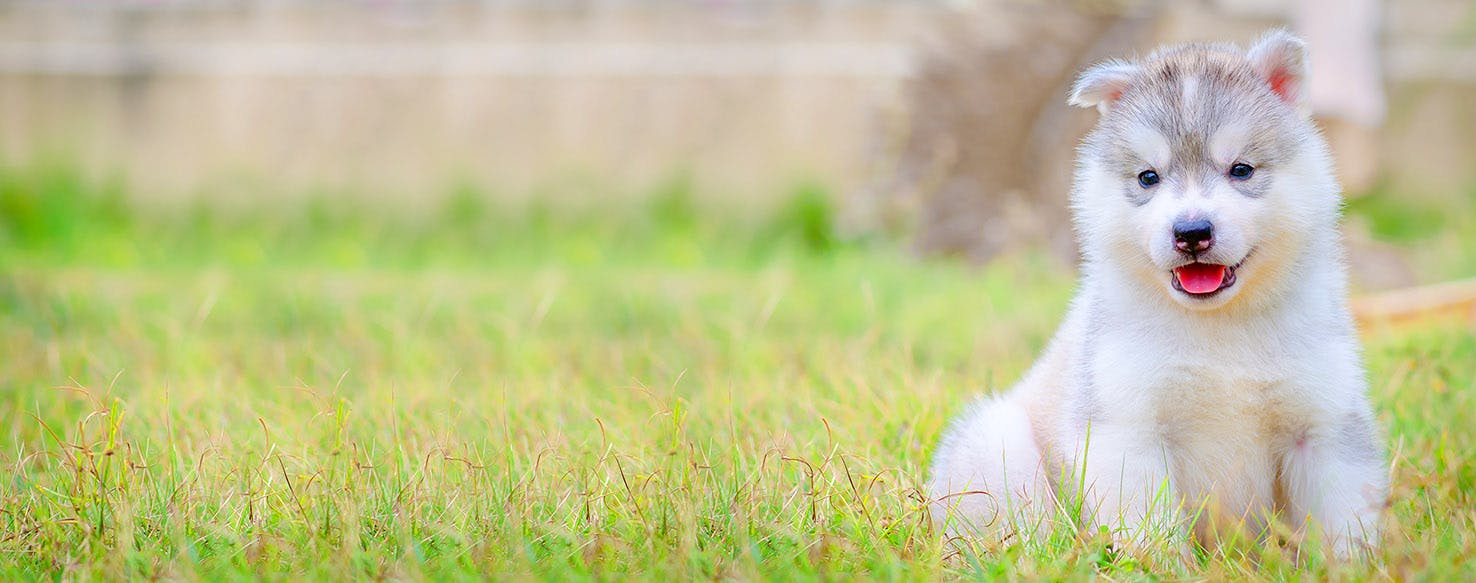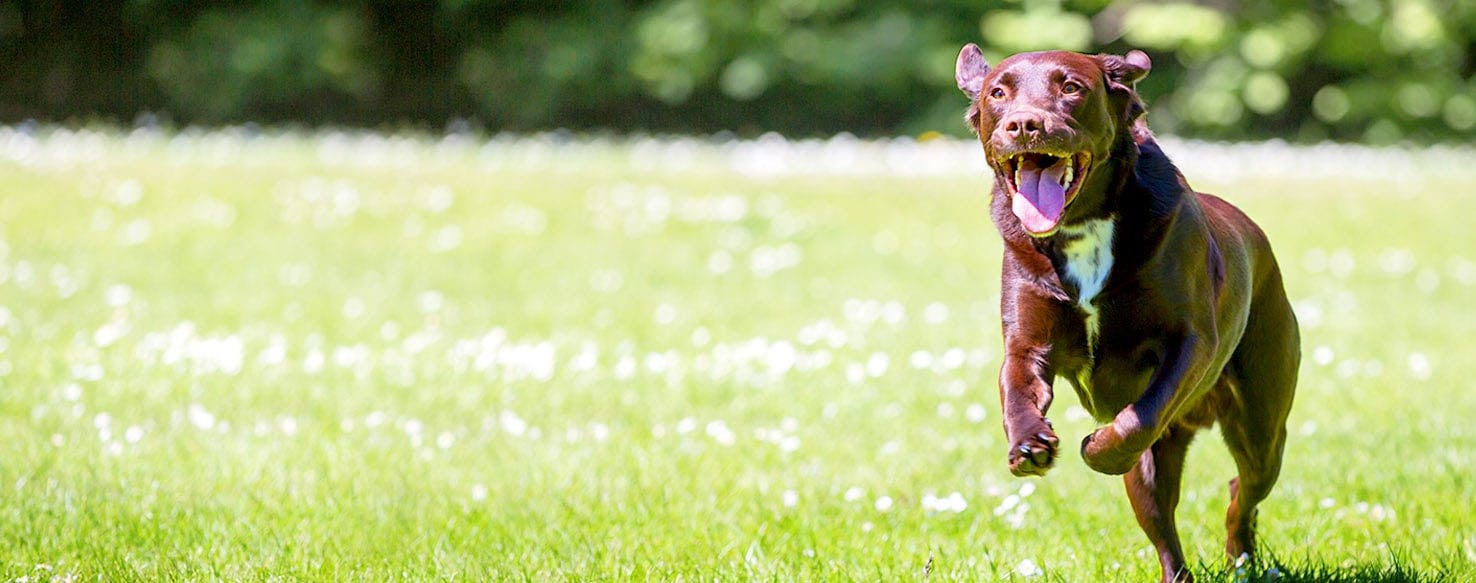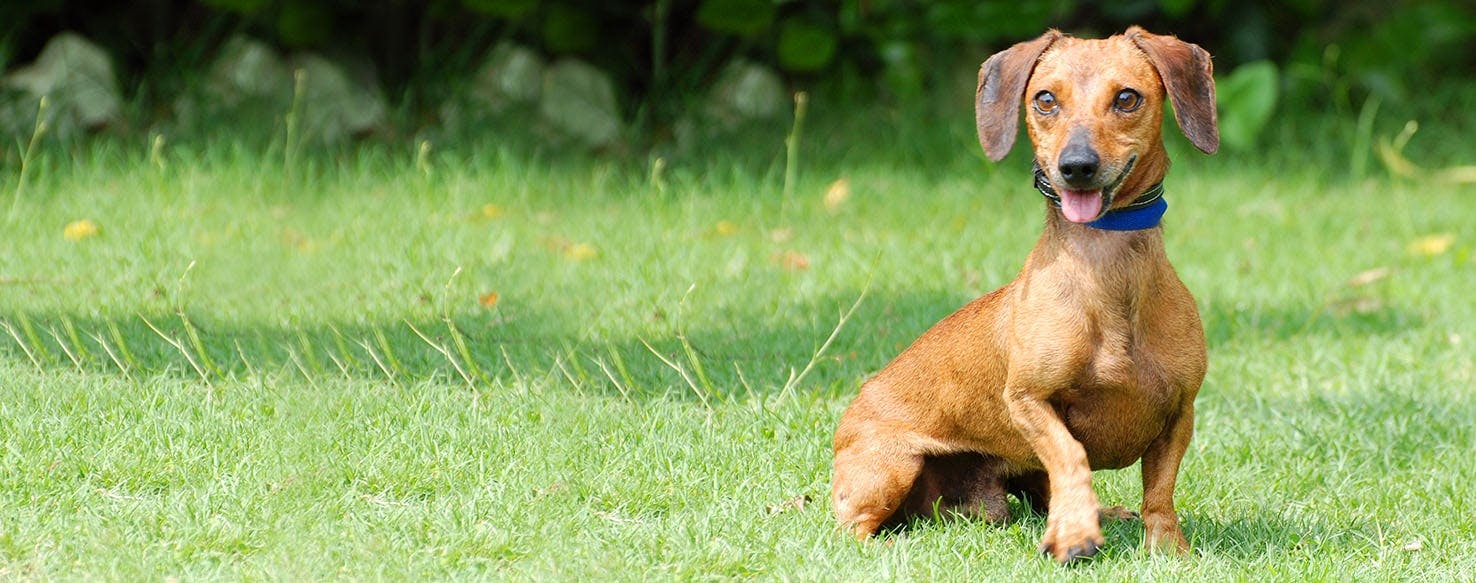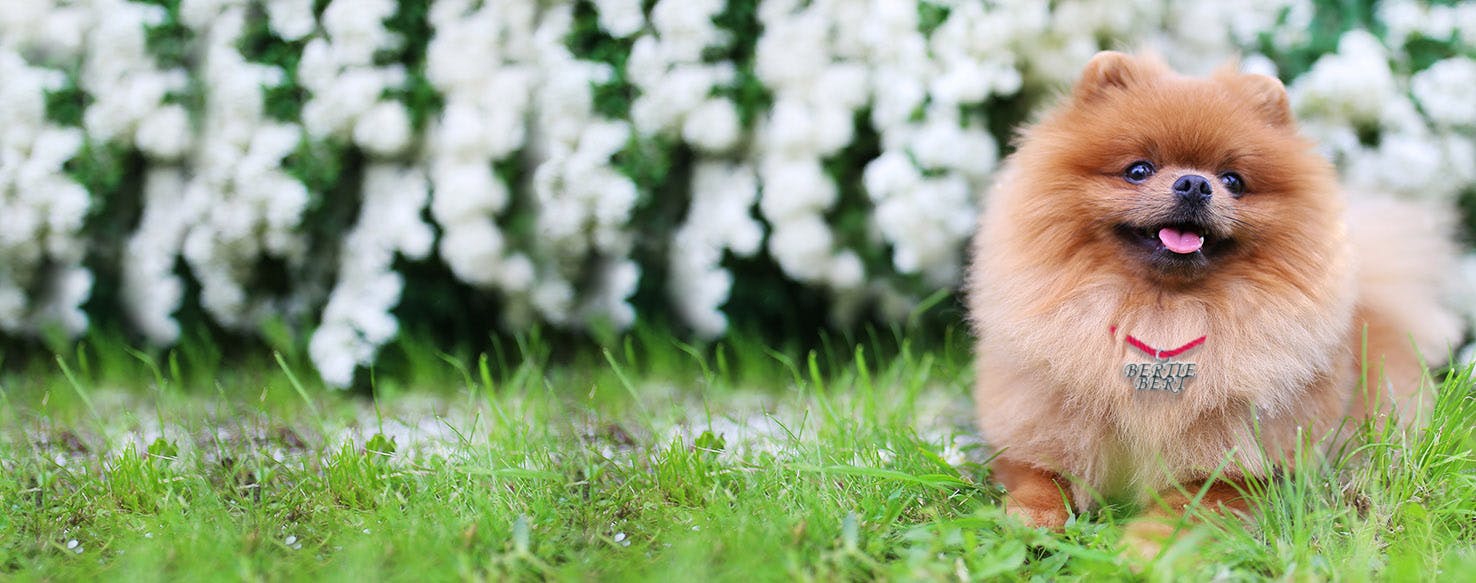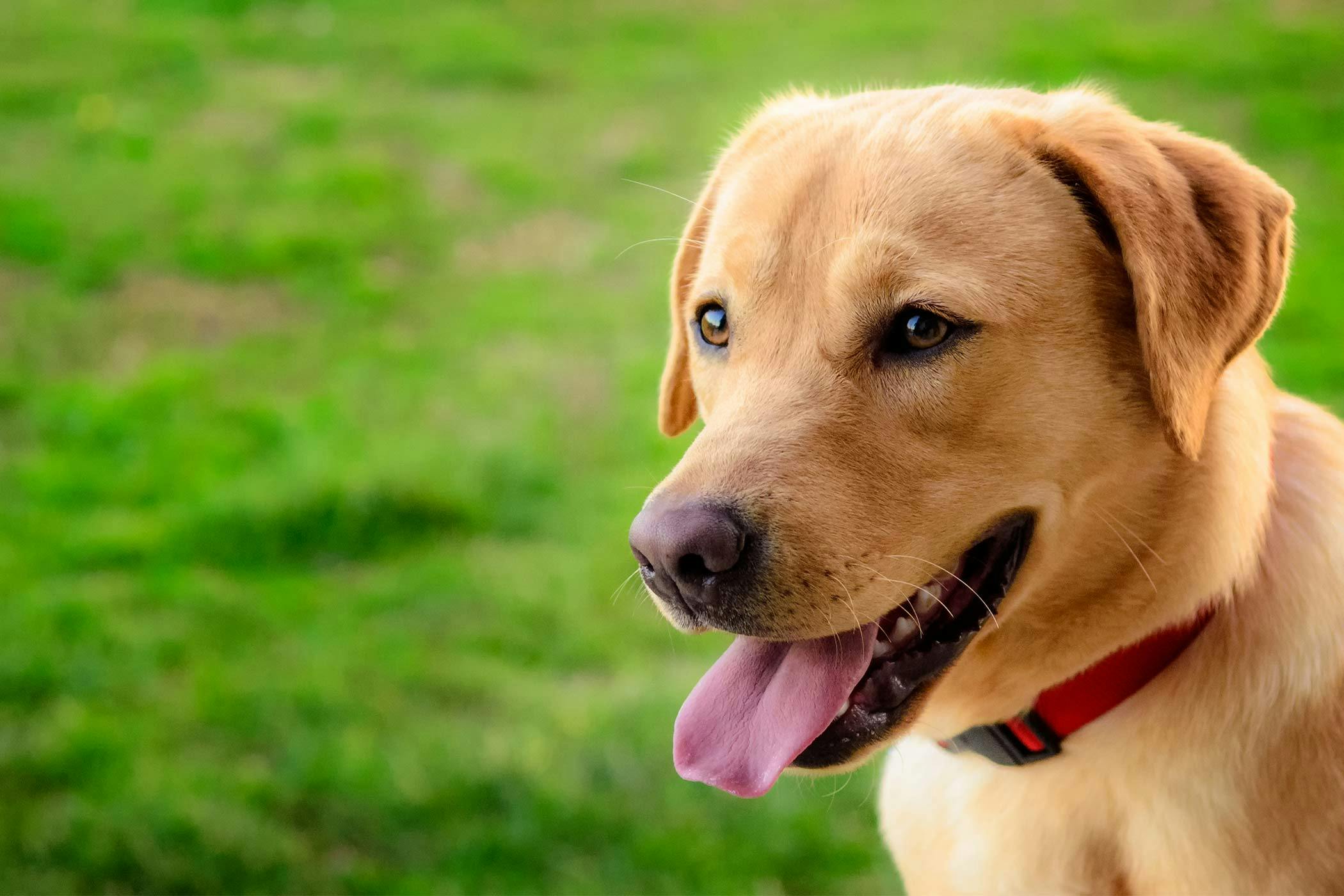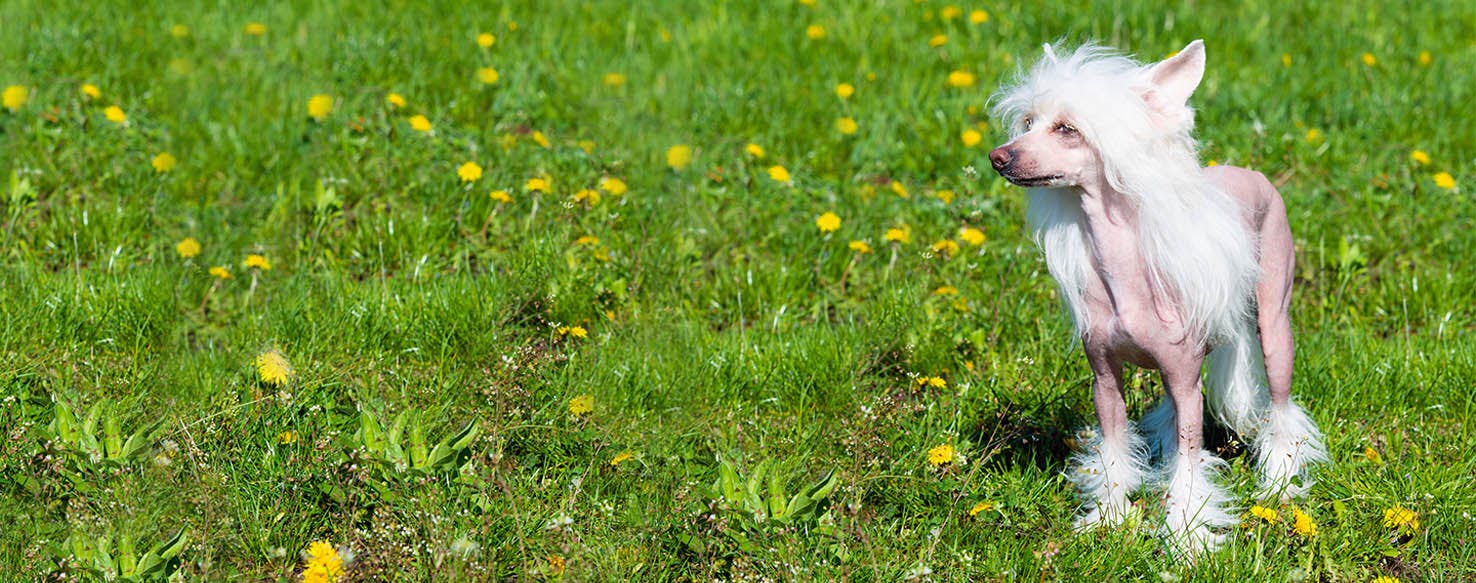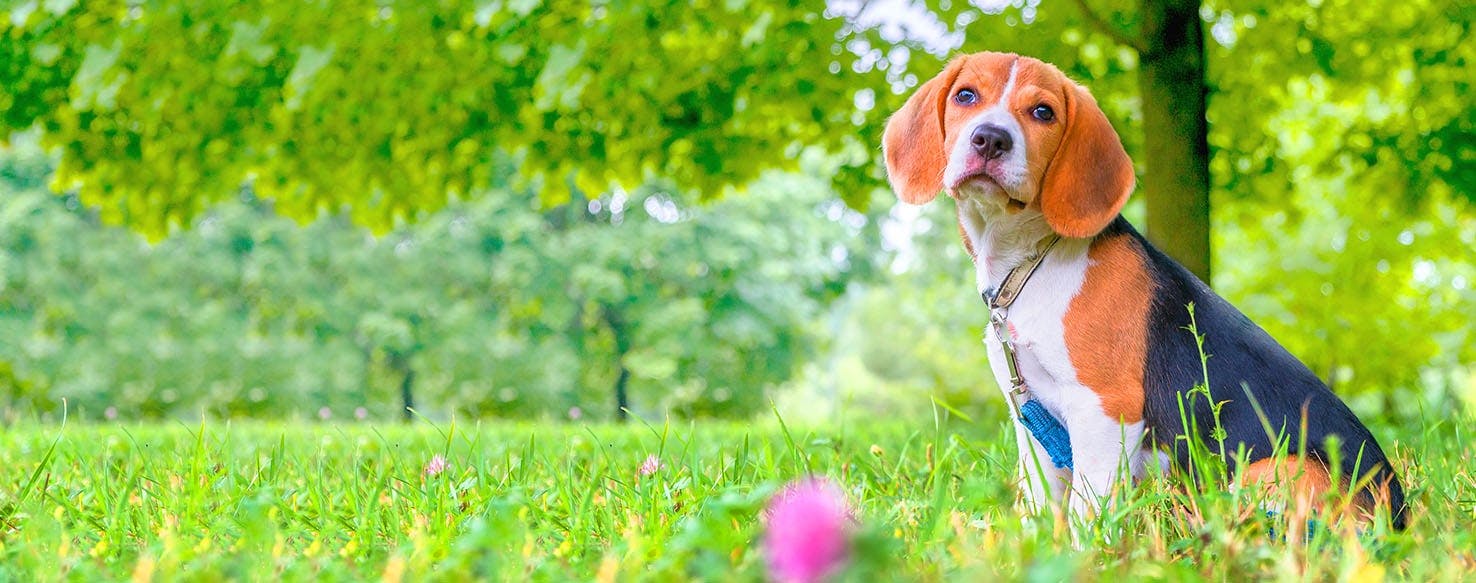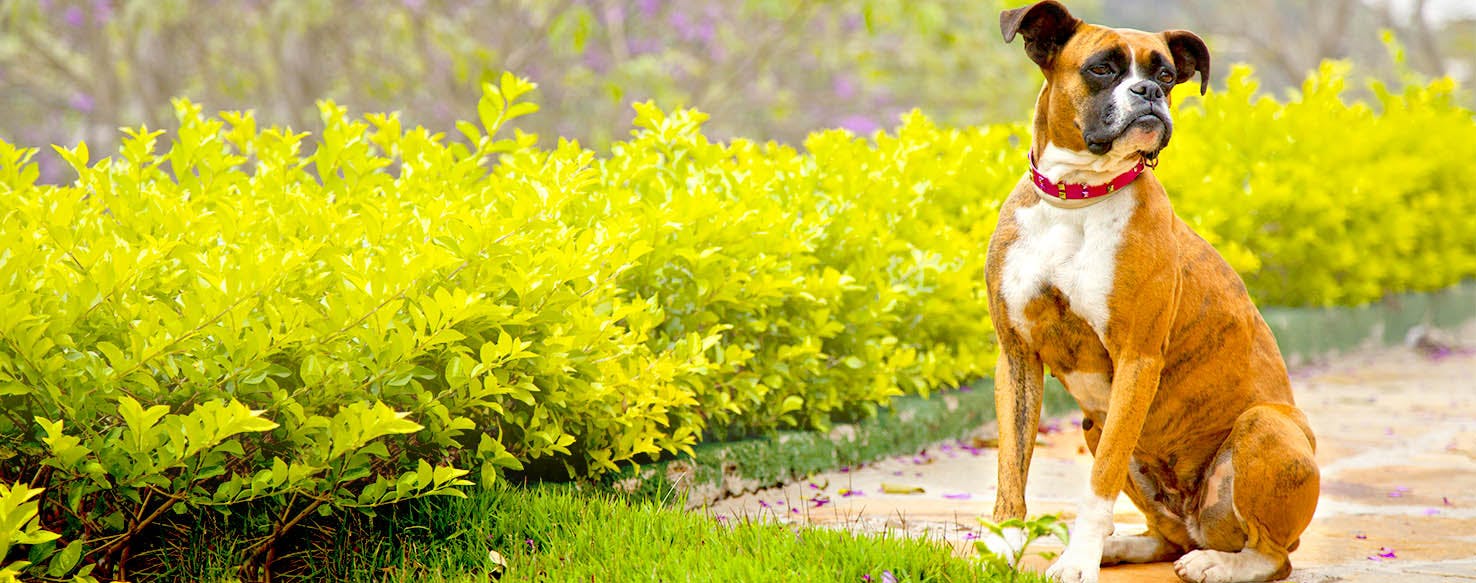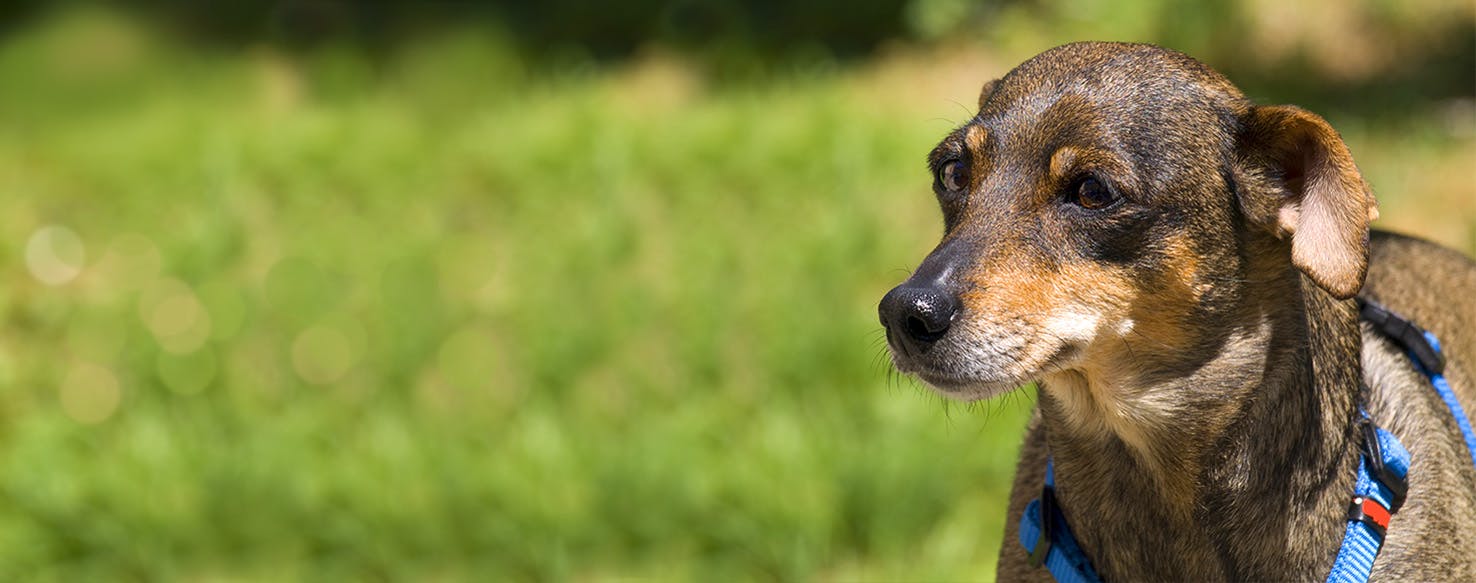Introduction
Nowadays, choosing a name for your dog can be complicated. On the surface, it seems like it is such a simple concept. However, as you scroll through online sites suggesting great ideas for dog names, sometimes you cannot help but get stressed from picking only one from such a vast range of options. Back in the 5th century, when English people started speaking Old English, choosing a name for dogs was simple. They do not stress too much; they keep it uncomplicated and simply just choose an Old English name. You can do the same, too! We have a list of great Old English names that you may find suitable for your dog.
Old English Dog Names in Pop Culture
Dogs with Old English names have long existed. In pop culture, one of the most popular dogs with such a name is Buck from The Call of the Wild, Jack London’s short adventure novel. The Call of the Wind got published back in 1903 and was set in the Yukon region of Canada during the late 1890s. The plot revolves around a dog named Buck and the Yukon region’s high demand for powerful sled dogs.
The story begins with Buck, a large, strong, and powerful Scotch Shepherd-Saint Bernard mix, who lives peacefully and happily with his rich owners in Santa Clara Valley, California. Buck is well-pampered and loved by the Millers, the family that owns him. One day, one of the family’s gardeners, Manuel, was desperately trying to source money to satisfy his addiction to gambling. Without much hesitation, he decided to steal Buck away from the Millers and sell him. Buck then got shipped to the west coast.
On his way there, he was forced into a crate where he got inhumanely treated and starved. Upon getting released, the sweet and loving Buck became feral. He attacked one of the workers described as “the man in the red sweater,” who repeatedly hit Buck until the dog stopped in fear. Later on in the novel, Buck got sold to two French-Canadian dispatchers working for the Canadian government. The dispatchers, Francois and Perrault, brought Buck with them to Yukon. There, they trained Buck to brave the harsh weather conditions and become a sled dog. After several trainings, Buck learned how to survive the harshly cold weather in Yukon and started to blend in with the other sled dogs.
Buck became part of a pack, however, the pack’s vicious lead dog Spitz, considers Buck to be his rival. The two dogs got into a heated fight where Buck ended up winning. As a result, the pack kills Spitz and Buck became the new pack leader. The pack got subjected to a lot of hardships. They had to brave the cold nights of Yukon almost every night while carrying heavy sleds of mine. The journeys they take are long and draining. In the novel, Buck continuously got passed onto different people who hardly care about him. He went through a lot of hardships, endured harsh environments, got neglected by his owners, and fought other dogs in order to survive the wilderness.
It was only until Buck met John Thornton that he felt loved again. Thornton found Buck a remarkable dog. He took Buck in and nursed him back to recovery. The two of them grew very fond of each other. Unfortunately, Thornton and his friends got murdered by a group of Yeehat Indians. When Buck saw the body of his beloved friend, he recognized the scent and followed it, eventually killing the natives that murdered Thornton. Moments after, a group of wolves attacks Buck, all of which he defeated. Buck followed them into the wilderness and, as written by Jack London, answers the call of the wild.
Old English Dog Name Considerations
At present times, anything under the sun can practically be used as an inspiration for a name. Whenever we acquire a new dog, we get overly excited about giving it a name. This choosing and giving of a name is a step towards building a bond with your new pooch. More often than not, we resort to the internet for help. The only problem is that we end up getting bombarded with countless names. Since the English language has evolved so much, the range of ideas got so much bigger. There are way too many great ideas that even narrowing down your options is difficult. Sometimes, it gets really overwhelming that we feel a little bit of stress start to kick in. Because of this, some dog owners resort to simple and uncomplicated names. If you’re one of these people, you may want to choose an Old English name for your dog.
Old English is the very first form of English language known in history. The existence of this language can be traced back to the 5th century, a period of time where names were simply just names. So if you’re looking to name your dog with a name from the Old English era, you simply just have to choose from a selection. You no longer have to take many factors into account. You don’t have to consider your dog’s breed, gender, size, coat-color, or personalities anymore. Just pick a name that you feel sounds good for your dog and you’re good to go! Few of the many great Old English names are Buck and Beckett for male dogs and Audrey and Blythe for female dogs.
Male Old English Dog Names
| Votes | Name | Vote |
|---|---|---|
| 0 |
Buck
An Old English name used to describe a male that resembles the features of a deer
|
|
| 0 |
Acton
A town by the oak tree
|
|
| 0 |
Alden
Means “old and wise protector” in Old English
|
|
| 0 |
Alfred
Means “wise counselor” in Old English
|
|
| 0 |
Alton
Means “from the old town” in Old English
|
|
| 0 |
Baxter
The Old English term for baker
|
|
| 0 |
Brant
Means “proud” in Old English
|
|
| 0 |
Burton
An Old English name which means “from the fortified town”
|
|
| 0 |
Chad
Means “warrior” in Old English
|
|
| 0 |
Colby
In Old English, this is used to describe someone dark or dark haired
|
|
| 0 |
Clive
A cliff by the river
|
|
| 0 |
Chester
A rocky fortress
|
|
| 0 |
Dell
A hollow or a valley
|
|
| 0 |
Dudley
Means “the people’s meadow” in Old English
|
|
| 0 |
Edgar
An Old English name that means “lucky spearman”
|
|
| 0 |
Edward
An Old English name that means “wealthy guardian”
|
|
| 0 |
Edmund
An Old English name that means “prosperous protector”
|
|
| 0 |
Edwin
An Old English name that means “prosperous friend”
|
|
| 0 |
Eldred
An Old English name that means “old and wise advisor”
|
|
| 0 |
Feran
The Old English term for traveler
|
|
| 0 |
Garvin
Means “friend in a battle” in Old English
|
|
| 0 |
Gerard
An Old English name that means “brave with a spear”
|
|
| 0 |
Ingram
Means “angel” in Old English
|
|
| 0 |
Jeffrey
Means “divinely peaceful” in Old English
|
|
| 0 |
Kenway
An Old English name that means “brave warrior”
|
|
| 0 |
King
Means “monarch” in Old English
|
|
| 0 |
Landry
Means “ruler” in Old English
|
|
| 0 |
Lucan
An Old English name that means “bringer of light”
|
|
| 0 |
Oswin
Divine friend
|
|
| 0 |
Rand
Wolf’s shield
|
Female Old English Dog Names
| Votes | Name | Vote |
|---|---|---|
| 0 |
Arlette
Means “pledge” in Old English
|
|
| 0 |
Audrey
An Old English name that means “noble strength”
|
|
| 0 |
Bliss
Means “delight joy or happiness” in Old English
|
|
| 0 |
Blythe
Means “cheerful” in Old English
|
|
| 0 |
Britt
From Brittain
|
|
| 0 |
Chelsea
A landing place
|
|
| 0 |
Daisy
Means “eye of the day” in Old English
|
|
| 0 |
Edith
Means “prosperous in war” in Old English
|
|
| 0 |
Edwina
Means “prosperous friend” in Old English
|
|
| 0 |
Ethal
Means “noble” in Old English
|
|
| 0 |
Hollis
Near the holly bushes
|
|
| 0 |
Kendra
Means “knowing” in Old English
|
|
| 0 |
Mildred
A gentle advisor
|
|
| 0 |
Queenie
Means “queen” in Old English
|
|
| 0 |
Sigourney
Means “victorious conqueror” in Old English
|
|
| 0 |
Silver
Means “lustrous” in Old English
|
|
| 0 |
Tate
Means “pleasant and bright” in Old English
|
|
| 0 |
Verona
Bringer of victory
|
|
| 0 |
Whitney
A white island
|
|
| 0 |
Willa
Means “resolute protector” in Old English
|
|
| 0 |
Zelda
Means “companion” in Old English
|
|
| 0 |
Beverly
Means “beaver stream” in Old English
|
|
| 0 |
Edith
Means “wealth” and “fortune” in Old English
|
|
| 0 |
Earleen
Means “noble woman” in Old English
|
|
| 0 |
Addie
Means “noble” in Old English
|
|
| 0 |
Alberta
Means “bright” and “noble” in Old English
|
|
| 0 |
Wanetta
Used to describe someone pale-skinned in Old English
|
|
| 0 |
Yetta
Means “home leader” in Old English
|
|
| 0 |
Payge
Means "young child" in Old English
|
|
| 0 |
Crescent
Means “increasing” or “growing” in Old English
|
